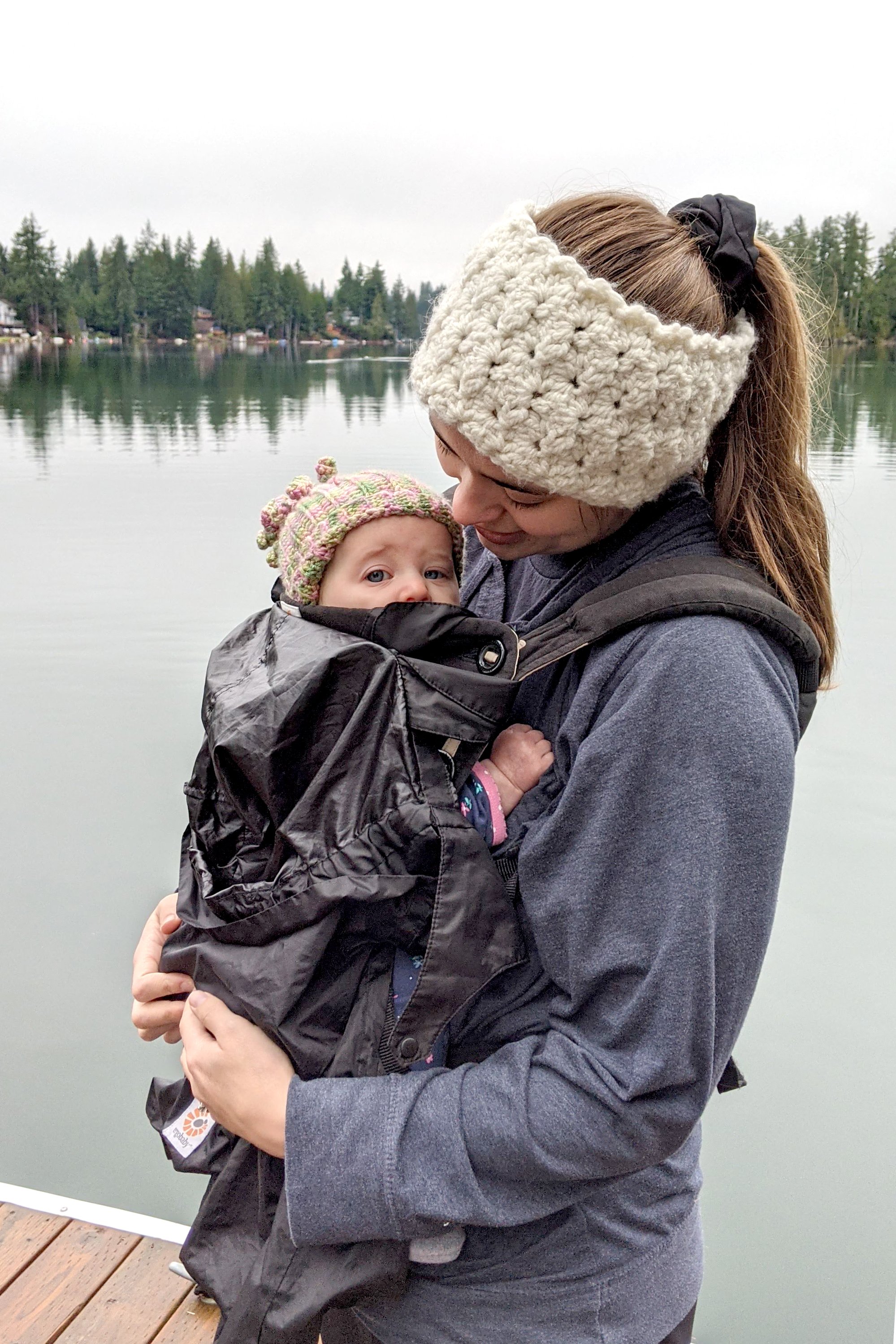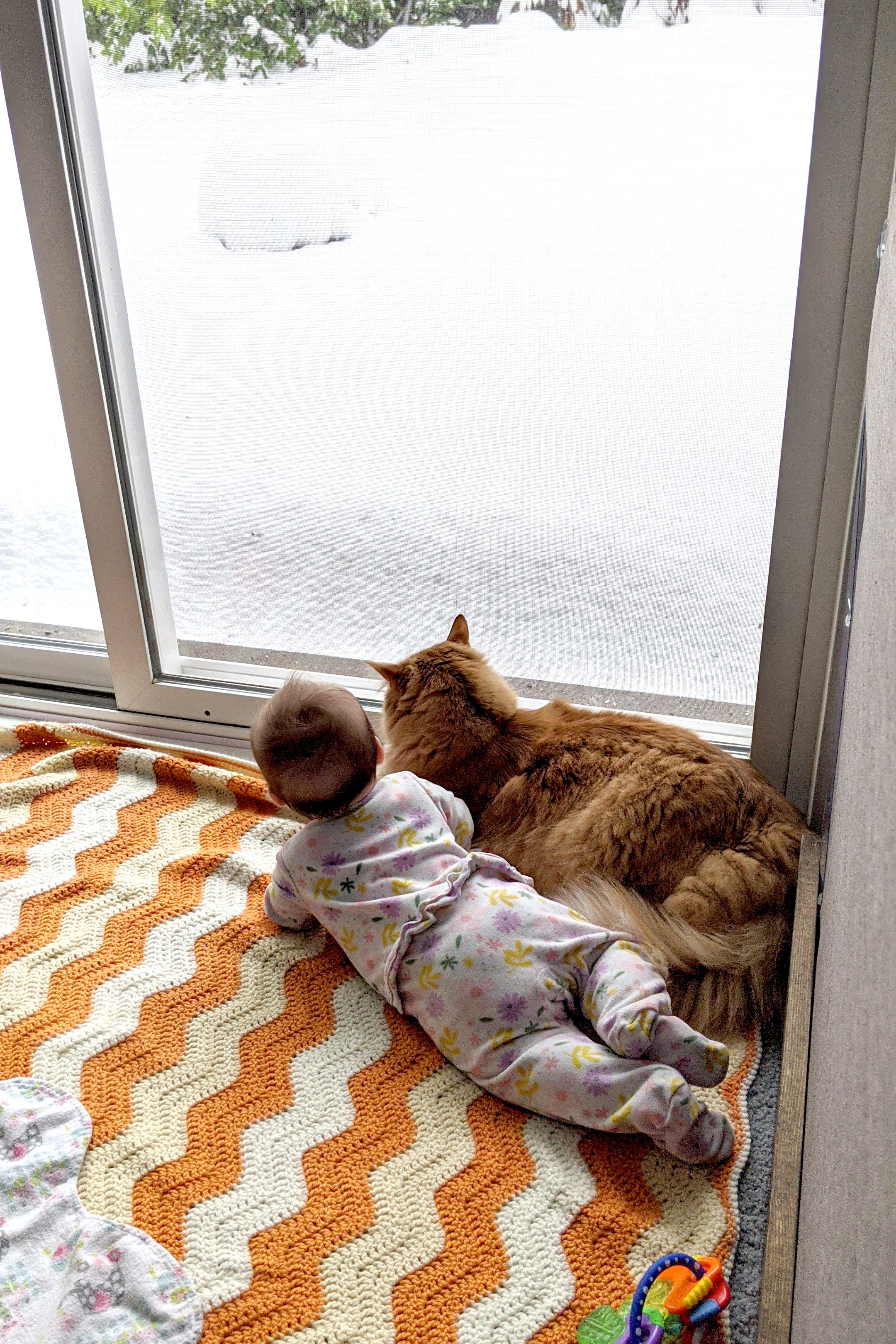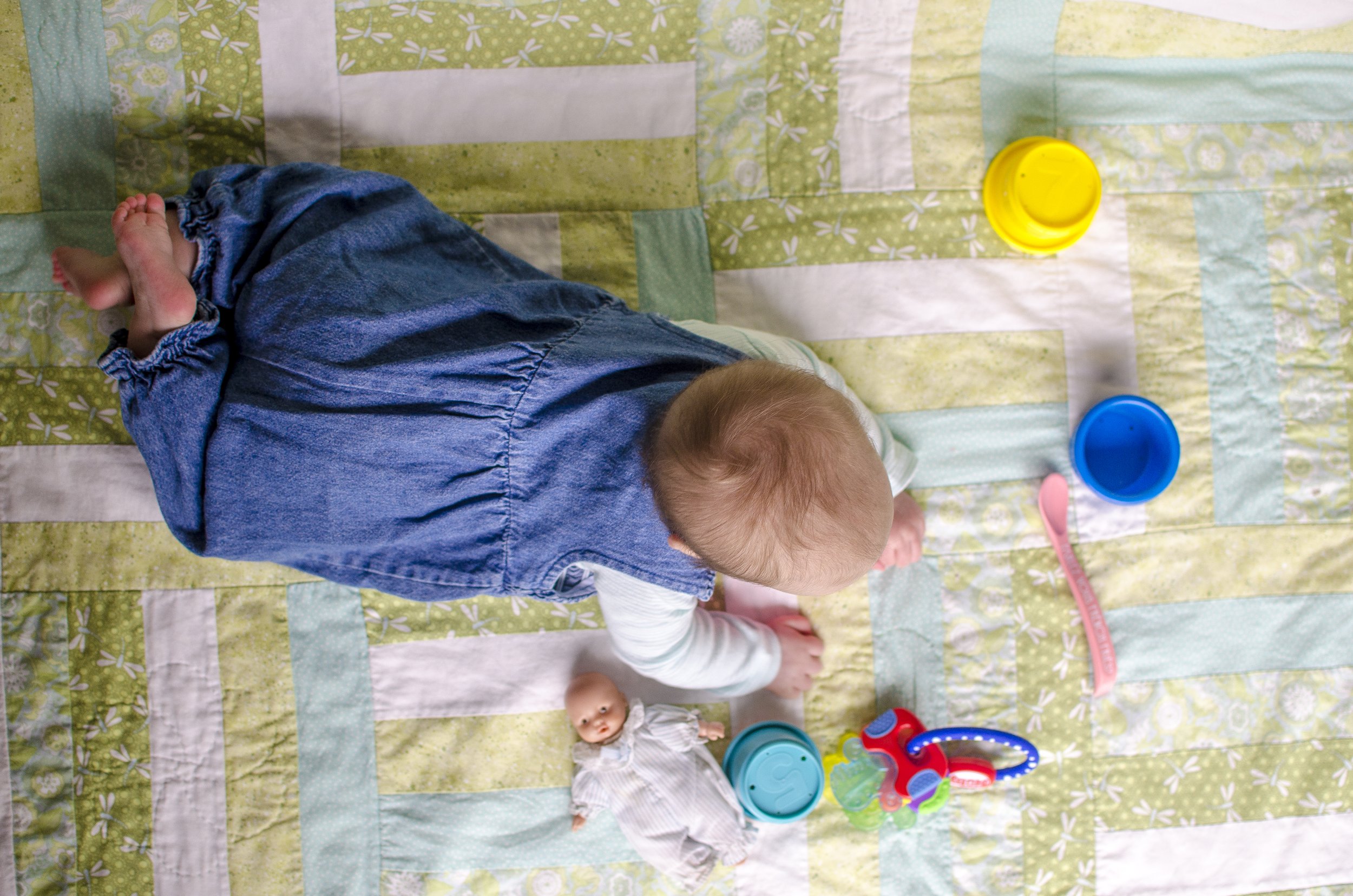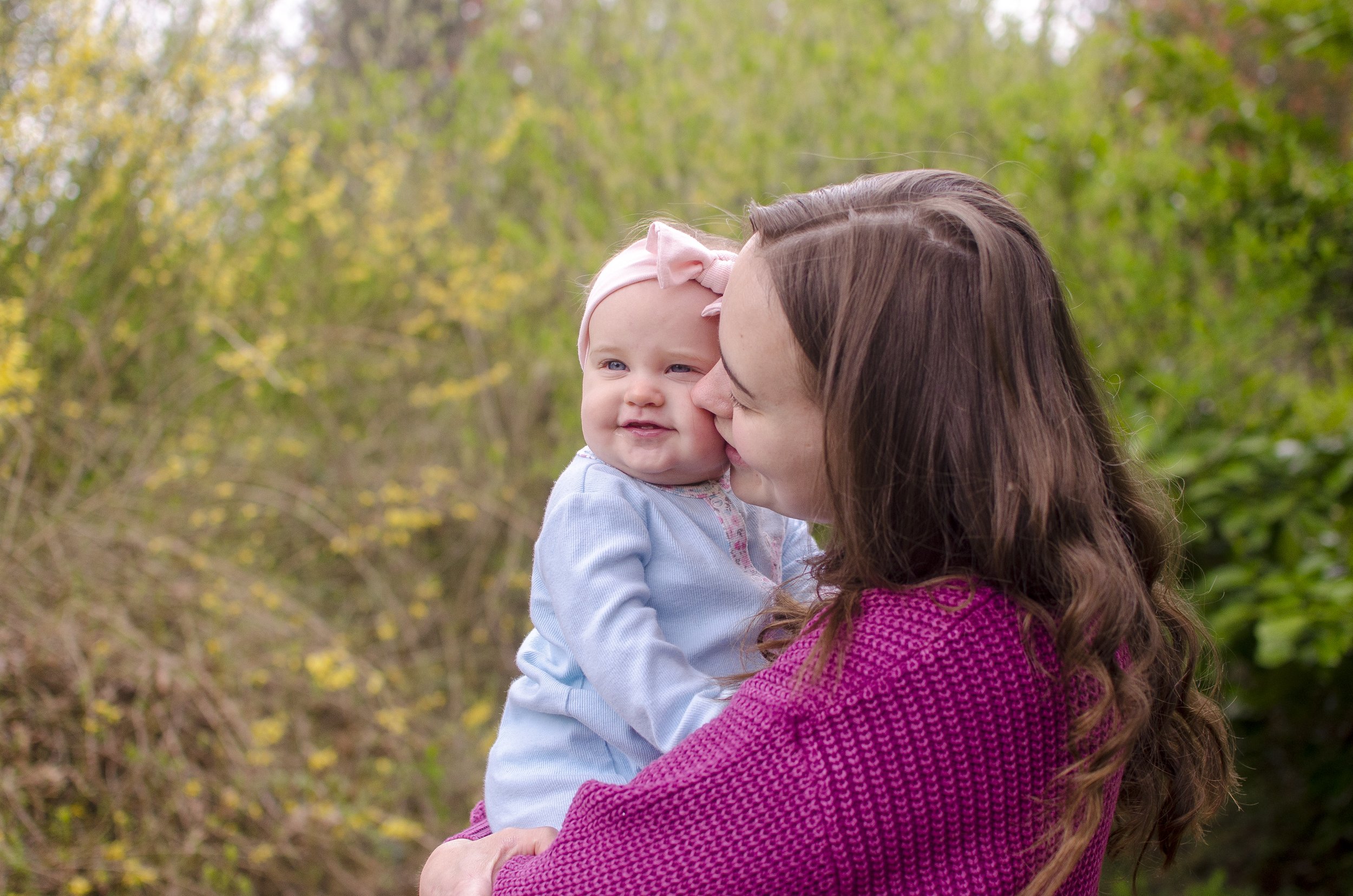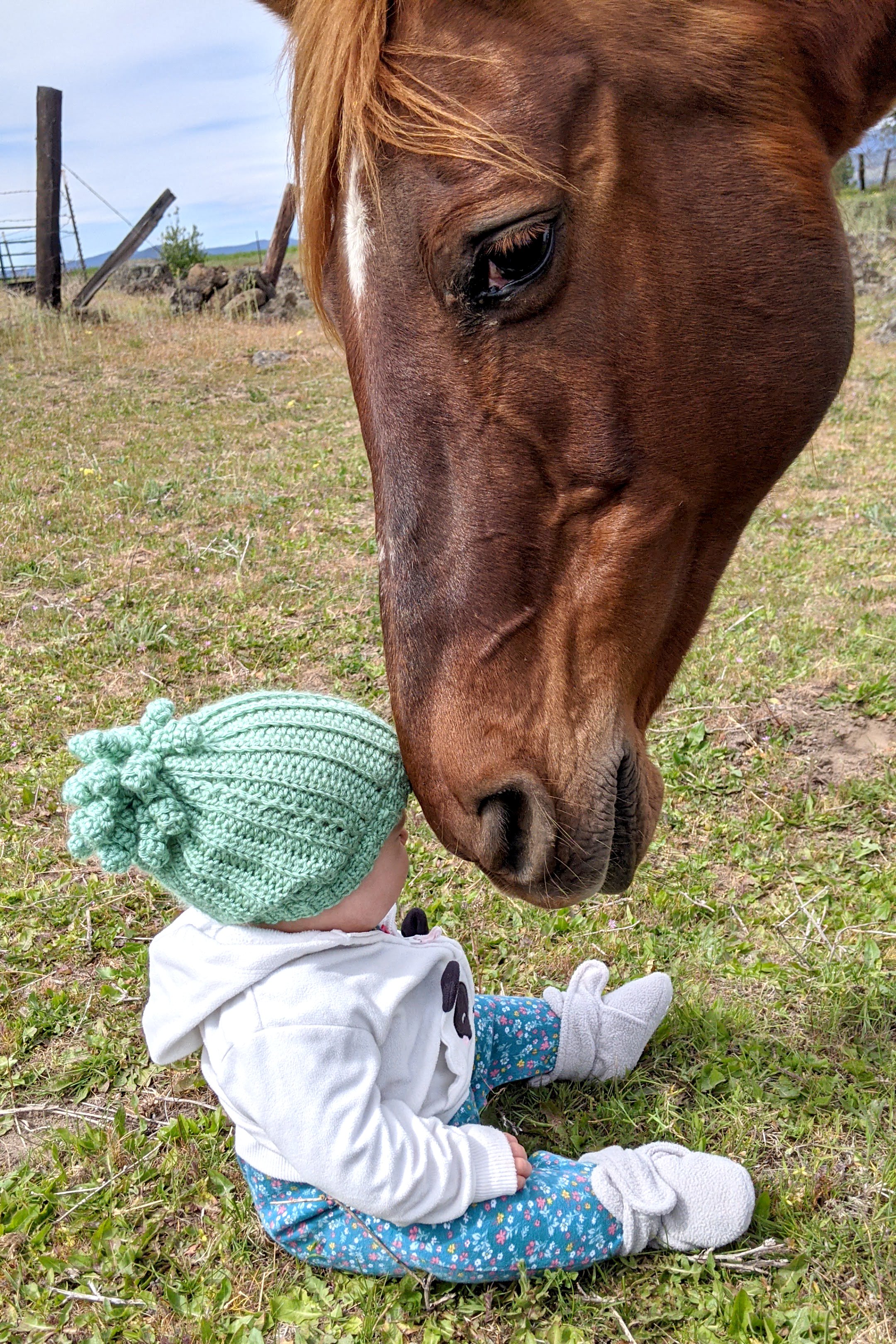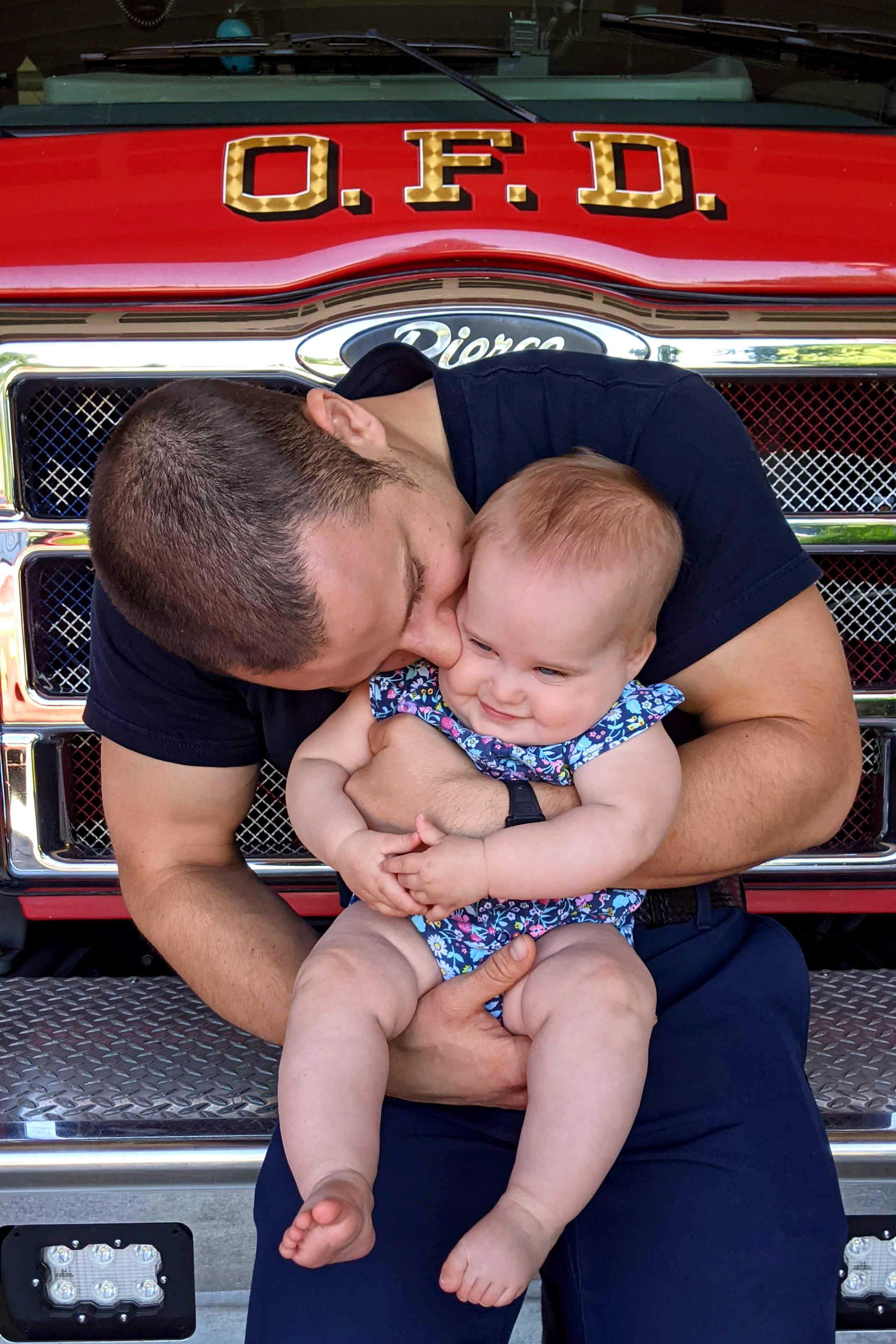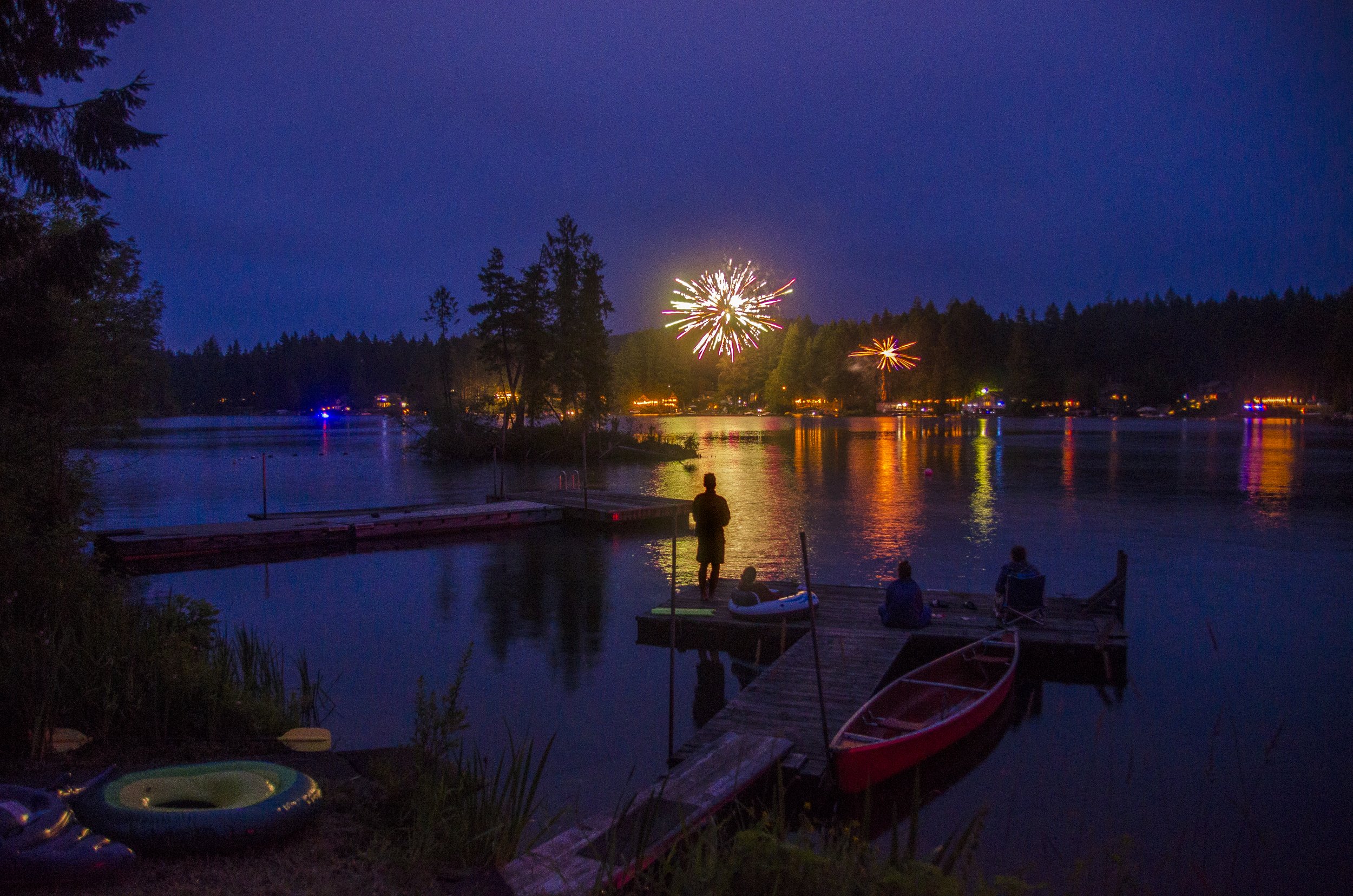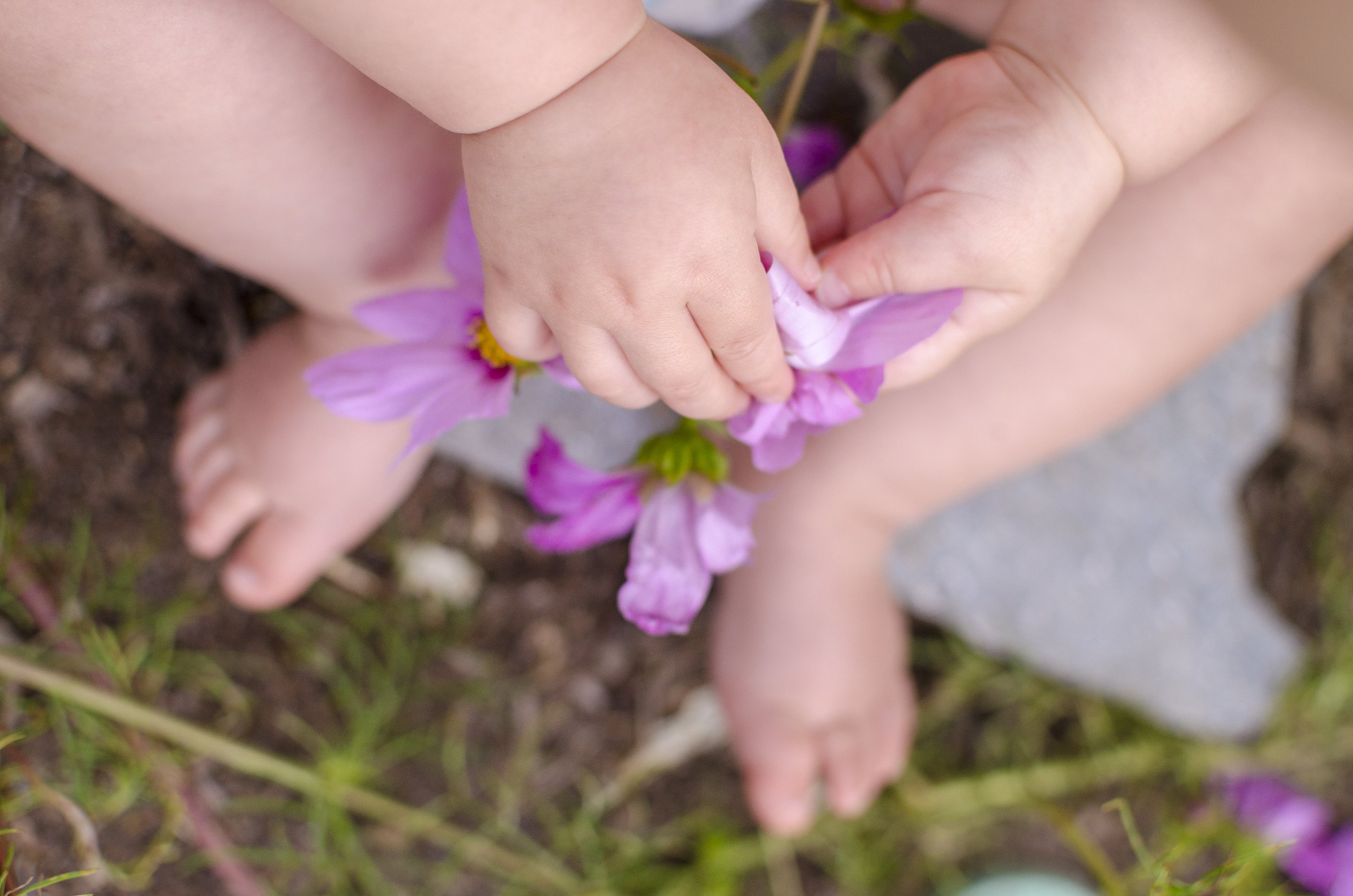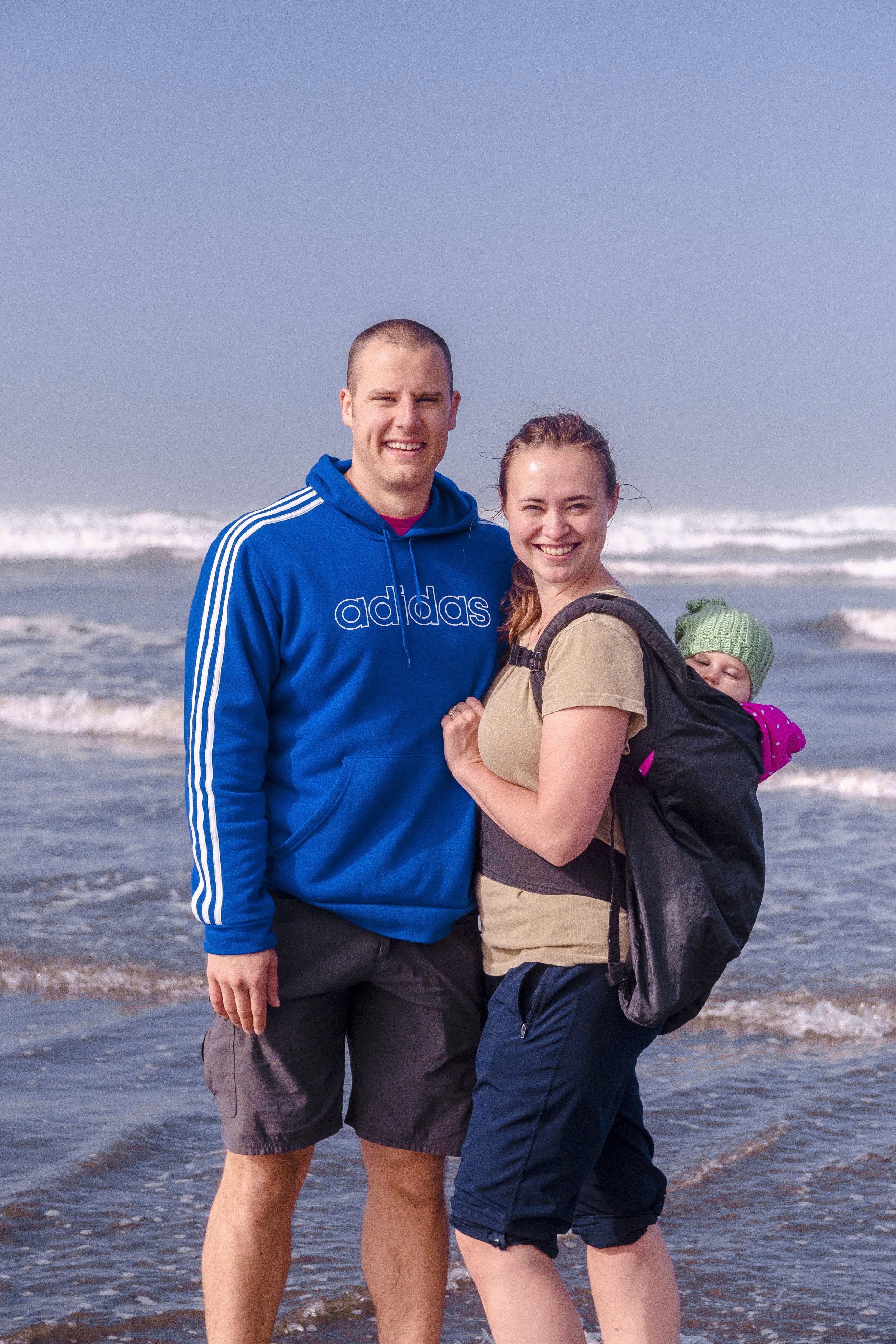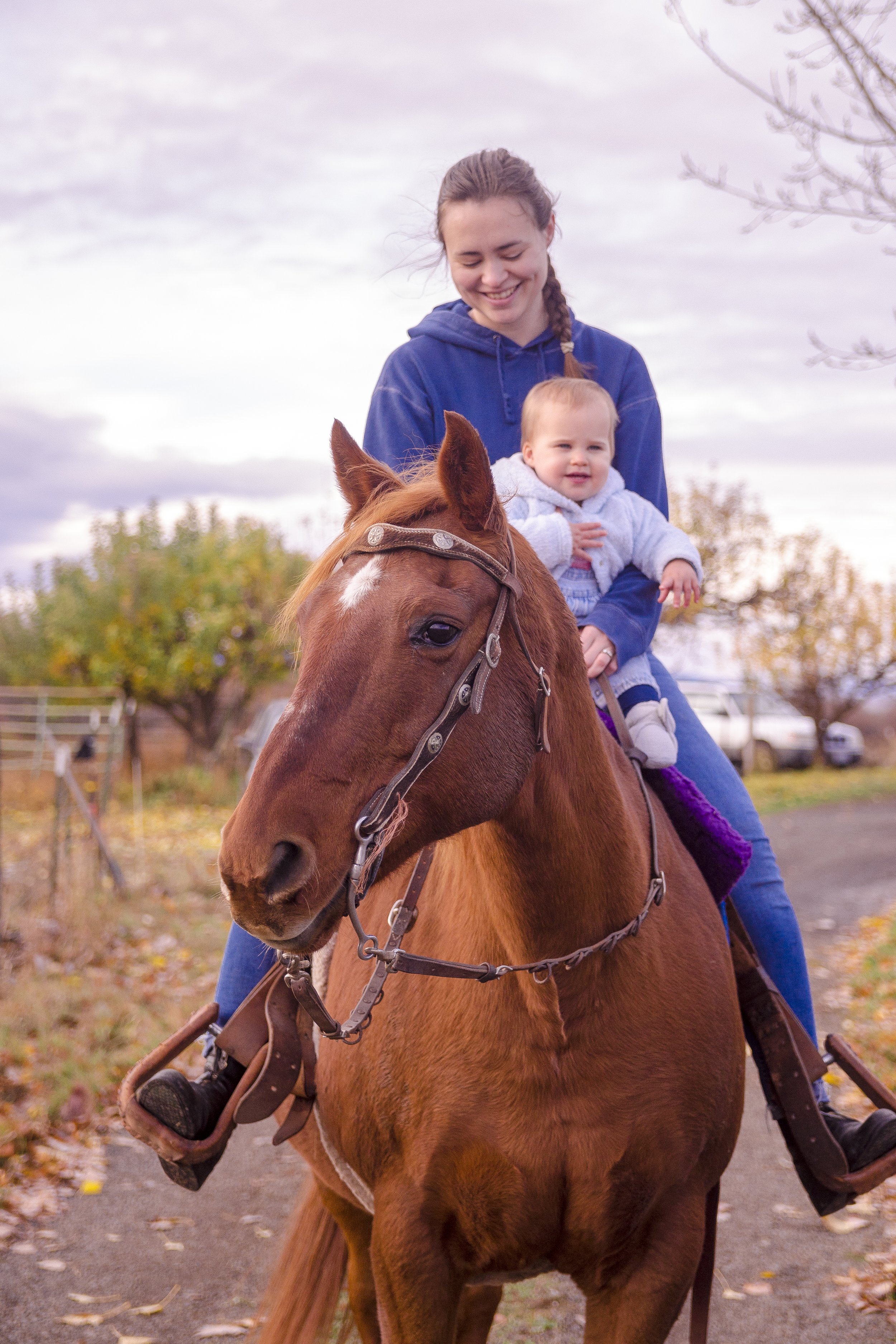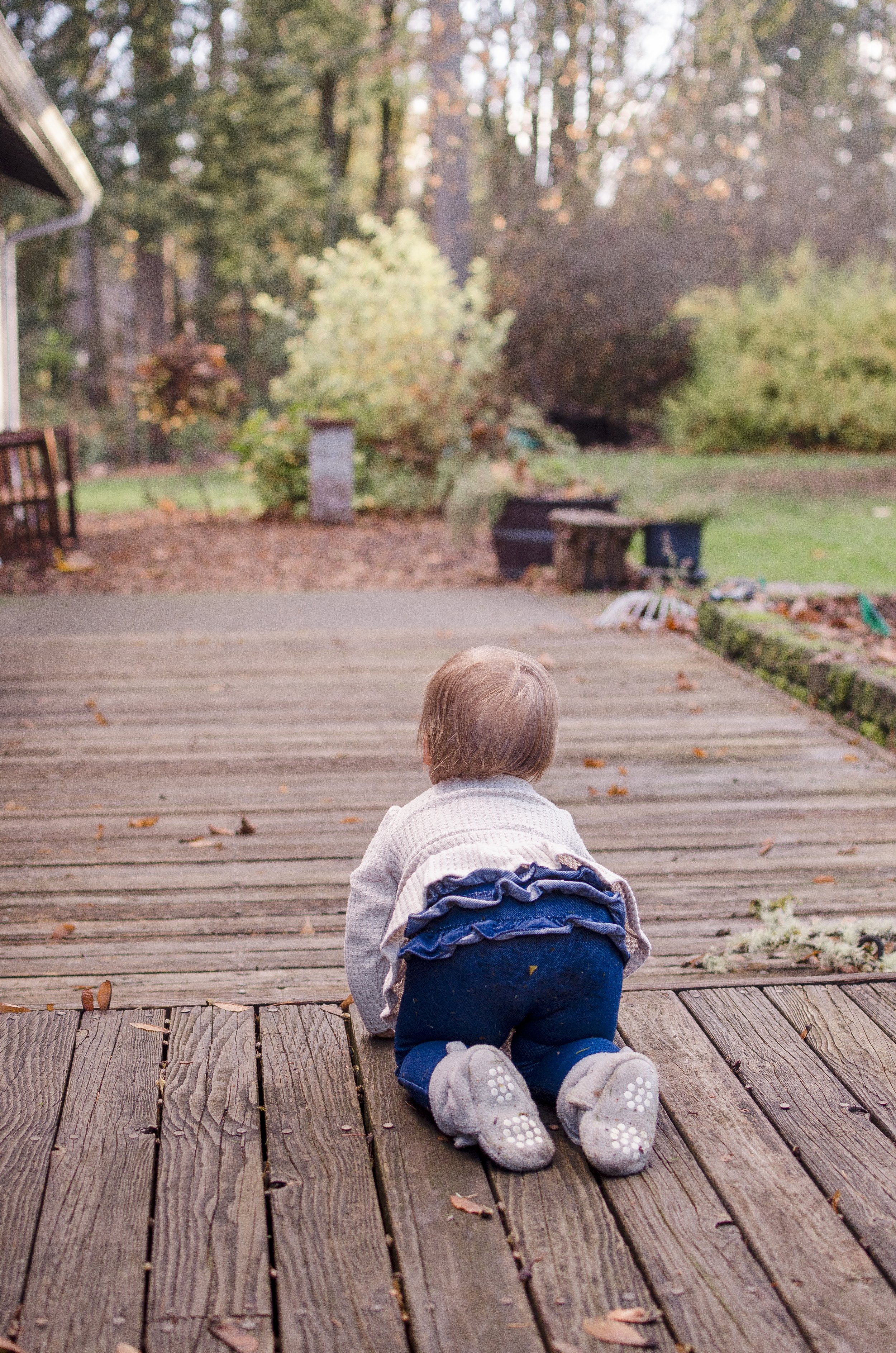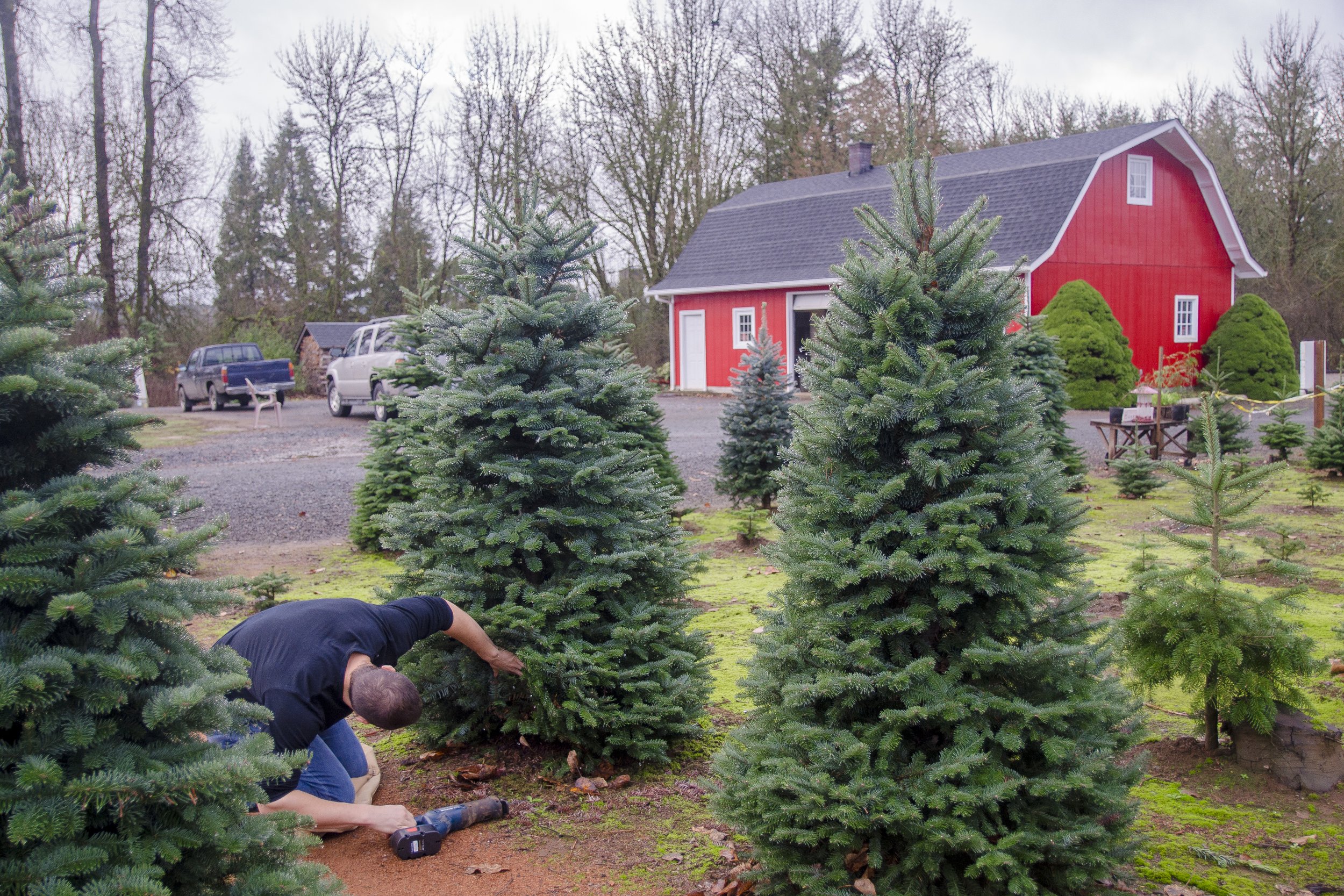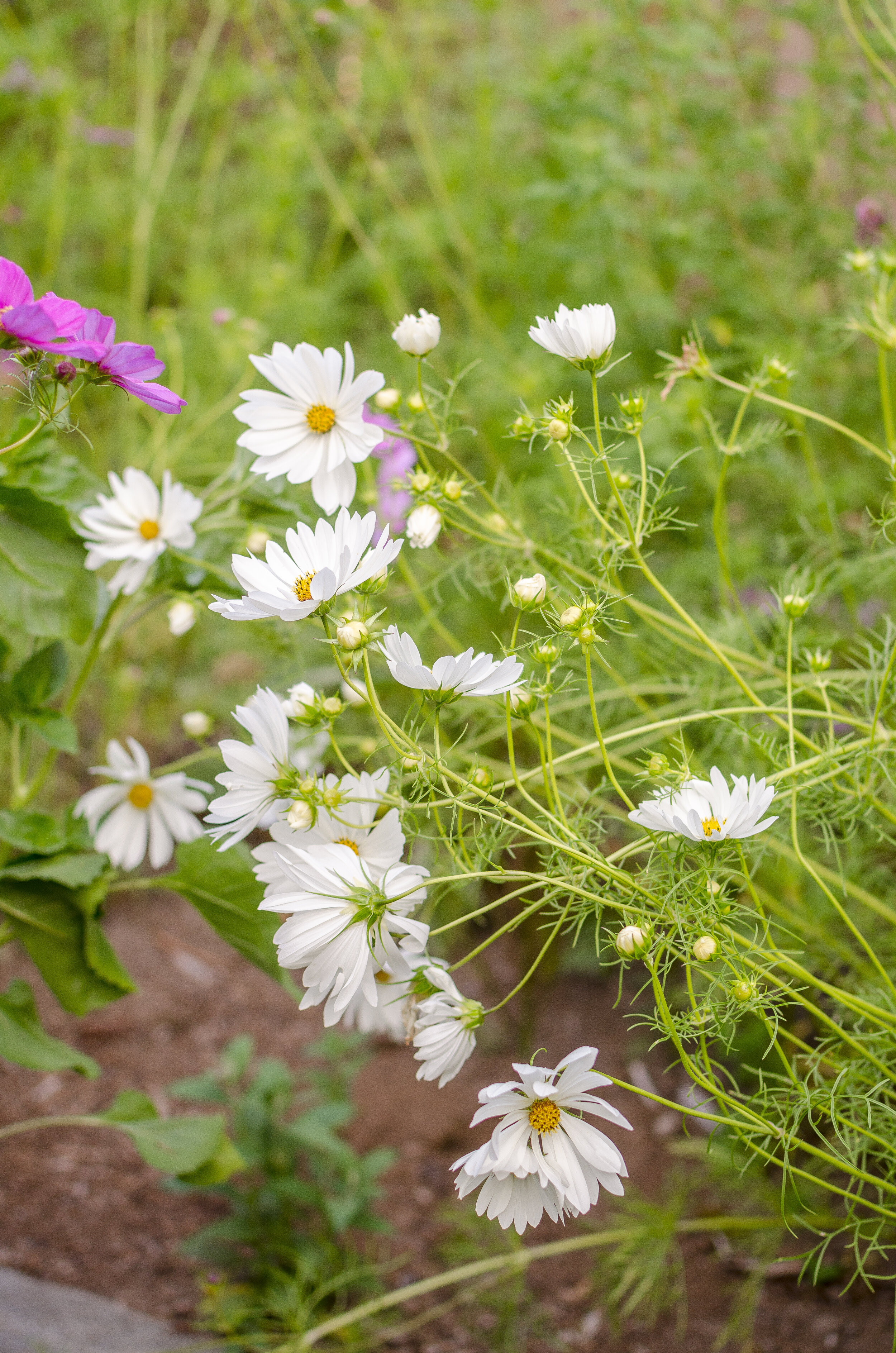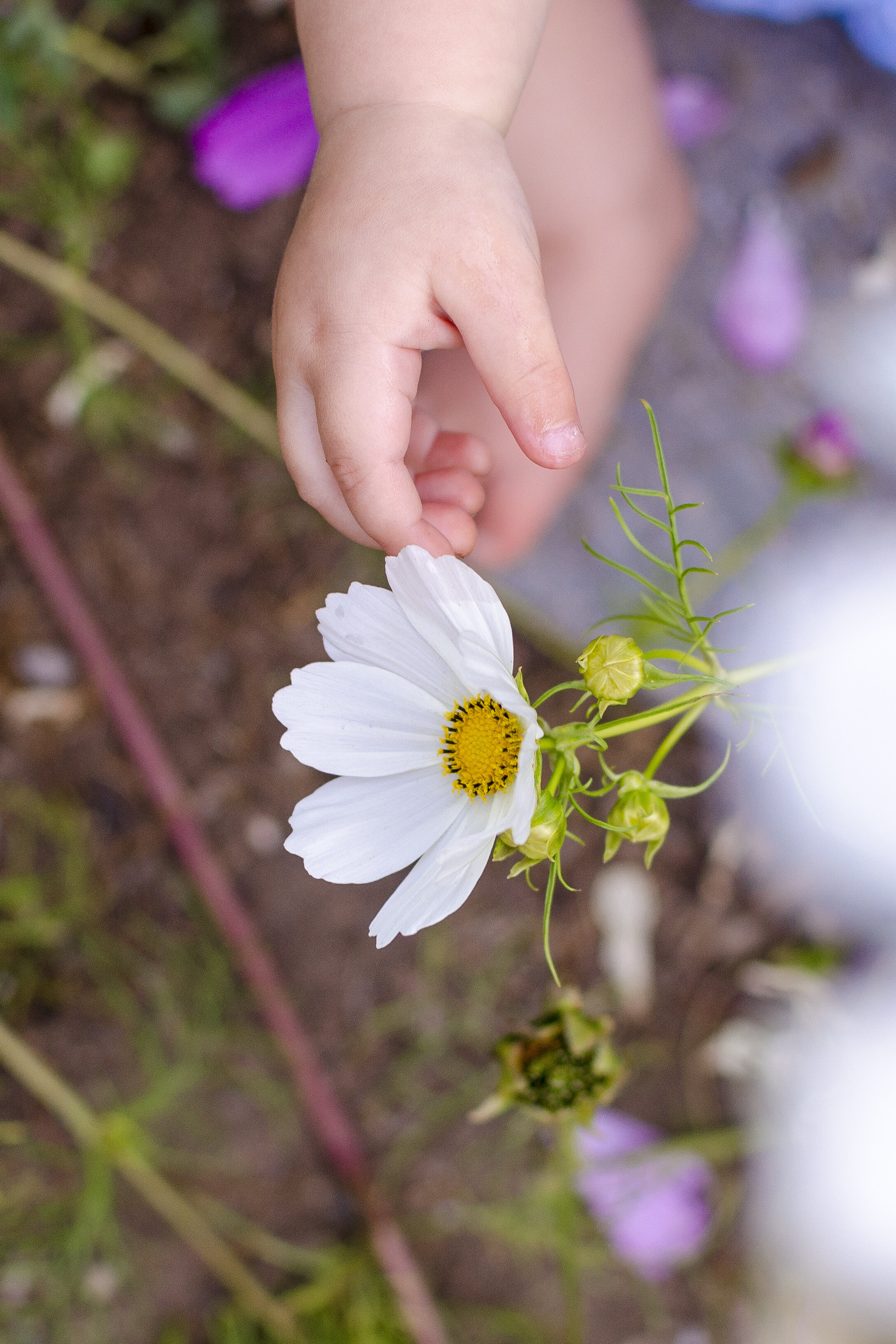reflections on life and 2021
/Years-in-review are some of my favorite posts to write and to read, but I was surprised to go back over my blog archive and find that I’ve only posted any kind of review for three of the last five years, and each one has looked different. The first was a meticulous month-by-month breakdown that reminds me of coming of age and how simple my life used to be as a 22-year-old newlywed, not yet wounded by traumas I couldn’t have imagined then. The next year, instead of looking backward, I wrote a forward-looking intention to live thankfully—an intention that would be tested beyond my deepest fears. Perhaps because of the rawness of those wounds, I skipped a year and then came back in 2019 with an impersonal roundup of favorite posts. And last year, silence.
In other words, I come to the end of 2021 with no real template to follow and no sure direction to go. So when Tsh Oxenreider (one of my favorite, longtime follows—her current podcast “A Drink with a Friend” is a delight) shared her list of 20 questions to ponder on New Year’s Eve, I was inspired to select a few for what will be yet another different-style year-in-review.
What was an unexpected joy in 2021?
I’d say “Clara,” because she is a joy, but that was not unexpected. So instead, my short answer is “Parenting.”
It was my first full year of parenting (if you don’t count spending all of 2020 in the trimesters of pregnancy and newbornhood). A woman on a podcast I was listening to earlier this week said something that resonated with me profoundly: “Many people view having children as constricting, but for me it is an expansion.” I was surprised, as someone who once deeply feared how having kids might limit my life, to realize how much I agreed with her. Having Clara has made the logistics of certain things more complicated and limiting, like flying across the country or even just going to the grocery store, but she has allowed me as a person to expand.
She has inspired me to examine my life and make it more of what I’d like it to be. She has reminded me that time is short and living in the past or the future is pointless, but what we do today matters. She has shown me what it is to wake up every day eager to discover and smile and live. And when she’s upset and I comfort her, it’s like I get to return to a moment in my own history where I didn’t experience that kind of compassion, and do it over.
Just the other night she saw me in tears and came over to give me a big hug and share her dear friend, Mrs. Bunny, with me. It was strangely educational for me to witness how she noticed and responded to my emotions—no hesitation, no judgment, no codependency, no trying to fix it or minimize it. Not even an awkward sense of “What do I do?” Just a hug, an open heart, and open hands.
I did not expect that both modeling for and learning from my toddler would be such a joy.
What was an unexpected obstacle?
Everyone says when you have kids you’ll “never sleep again”—a notion that I strongly take issue with, because good sleep habits start young and we are all created with a biological need for sleep. And Clara has been a fantastic sleeper ever since we got her feeding issues resolved around 3 months old.
So getting clobbered by severe insomnia (something I’ve never had in my entire life) early in 2021 was not the kind of obstacle I expected to be dealing with. It only got more complicated when it turned out to be a flashing red warning sign of my as-yet-untreated postpartum depression, because then I had to navigate around the obstacle of myself, who was living in denial and petrified of trying medication.
But if anything will make you try literally anything, it’s the torment of lying wide awake all night knowing that you do not have the luxury of taking a nap the next day. For the record, Zoloft probably saved my life and my marriage, and I’m glad I finally took it. I’m also glad that now I’m weaning off. :)
What was your biggest personal change from January to December of 2021?
“Personal” can mean a lot of things, so it’s hard to choose a direction to go with this question, but what first springs to mind is how drastically I’ve changed my approach to exercise over the past year. I’ve been a longtime cardio HIIT person, starting with Jillian Michaels’ 30-Day Shred probably ten years ago. From there I had phases of using PopSugar Fitness, FitnessBlender, Sarah’s Day programs, and many of my own plyometric cocktails, all the way up until the week before Clara was born.
When I jumped (literally) back into it at 2 months postpartum, I realized that in much more profound ways than I expected, my body wasn’t the same as it used to be. My joints and ligaments were still loose, my knee got sore, and everything in my body said “No, thank you.”
It took a few months to figure out where to go from there, but eventually I happened across an at-home weight lifting oriented Instagram account called @built.by.becky, and I signed up for her summer challenge beginning July 4th. I’ve been following her programs for six months now (the next challenge starts on Monday!) and I feel like I’ve found where my body wants to be. I’ve gained more muscle strength and cardiovascular endurance doing this than I ever did with HIIT, and it’s without all the jumping and jostling that my joints hate!
What was the best way you used your time this past year?
There are so many things I could choose to say here, from the hours I’ve spent reading stories to Clara to the naptimes I spent cultivating my flower garden to the short-but-sweet moments in the middle of the night when I prayed Numbers 6:24-26 over various members of my family. So many seemingly-unimportant activities weave together to make up the most important parts of life. Picking “the best” one is hard.
I guess I’ll say the best use of my time in 2021 has been, and really has always been, learning. It might be by asking questions, reading books, observing situations, taking riding lessons, traveling, trying-and-erring, or listening to podcasts—whatever the method, and whatever the outcome, the time isn’t wasted. I have learned about communication by communicating poorly. I’ve learned about emotions by observing Clara’s, which are (as yet) so delightfully unadulterated by fears of what people might think. I’ve learned where to find resources on Old Testament-era culture by asking one of my pastors, and I’ve learned about that topic itself by reading the books he recommended to me.
For a long time, I had a bizarre expectation of myself to just know everything. I thought I was supposed to know what to do in any given situation even if I’d never faced it before. I thought I was supposed to know the answers to all my questions without needing to ask someone else. I thought I might be looked down on if I got caught not knowing how to act, what to say, how to dress, or what I thought.
It’s been so freeing to realize that I love to learn and was made to learn, and no one is going to berate me for that.
What was the biggest thing you learned this past year?
That I can make decisions and changes without anyone else’s permission or validation.
I’ve noticed a pattern among new parents that I catch myself falling into at times: the tendency to vigorously share and re-share anything on the internet that agrees with the way I’m doing things for my kid, while also vigorously refuting or mocking or eye-rolling at anything that disagrees.
There are entire Instagram accounts, Facebook pages, blogs, and websites that have been built solely on the furious clicks, comments, and shares of insecure parents who just need someone to tell them they’re “better” for the way they’ve chosen to do things. If you’re afraid sleep training is going to ruin your attachment with your child, there are plenty of people with “Doctor” or “Consultant” in their titles that will reassure you that only evil, selfish people sleep train; if you’re on the flip side, there are plenty of people who will tell you anyone who doesn’t sleep train is actively damaging their child’s growth and development. The same kinds of dichotomies exist for how and when to introduce solids, how and when to potty train, whether or not to use sign language with your baby, using punishment vs. “gentle parenting,” and even choosing to have an only child vs. choosing to have more than one.
And it all comes down to this desperate need for someone to tell us we’re doing it right—usually by telling us someone else is doing it wrong.
I’ve learned, or rather I am learning, how silly and unnecessary this is. Children aren’t mass-produced on an assembly line in a factory, so the idea of one right way and one wrong way to do anything is absurd. As the classic Princess Bride line goes, “Anyone who says otherwise is selling something.”
I can decide what’s best for Clara without getting the input of her pediatrician or a research paper on child development or the whole Internet, because she’s the only Clara in the whole wide world, and only God knows her as well as I do. And when “what’s best” changes (because she’s not a robot—she changes), then I can change it—without having to share ten colorful infographics about why such a change was obviously right.
Parenting is where I’m realizing this most right now, but it extends far beyond. I can disagree with someone’s theology without considering them damned or needing them to change their minds. A person can vote completely opposite me and not be stupid or bad. If my husband and I get into an argument, it doesn’t mean he’s toxic or that we need to get a divorce.
We are all just people, and we’re all different. Sometimes those differences create conflict, but it doesn’t have to be codependent, egotistical conflict. We’re allowed to stand firm and secure in our own thoughts, feelings, and opinions without needing everyone else to get on board.


